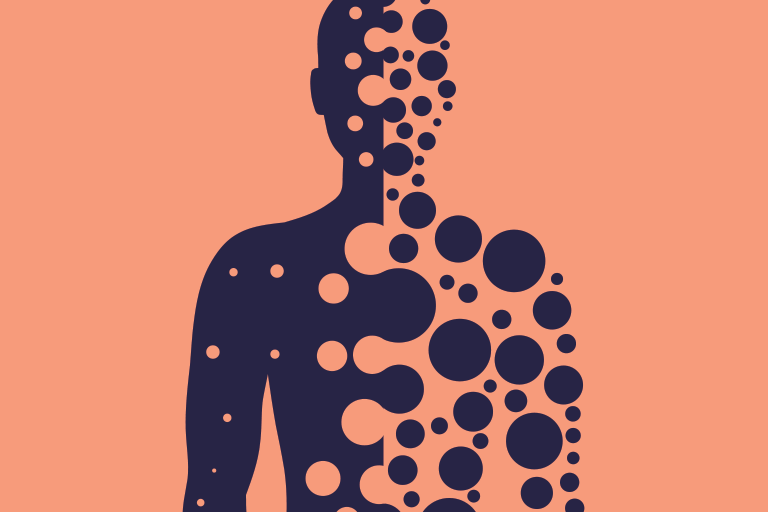Autoimmune Diseases: Causes, Symptoms, and Treatment
Introduction
Autoimmune diseases are a group of complex disorders where the immune system mistakenly attacks healthy cells and tissues within the body. These conditions can affect various organs and systems, leading to chronic inflammation and potentially severe health consequences. In this article, we’ll delve into the causes, common symptoms, and available treatments for autoimmune diseases.

1. What Are Autoimmune Diseases?
Autoimmune diseases occur when the immune system, which normally defends against infections, turns against the body’s own tissues. Here are some key points:
- Dysregulation: The immune system loses its ability to distinguish between self and non-self, leading to an immune response against healthy cells.
- Multifactorial: Genetic, environmental, and hormonal factors contribute to the development of autoimmune diseases.
- Wide Range: There are over 80 recognized autoimmune conditions, affecting different organs and tissues.
2. Common Symptoms
The symptoms of autoimmune diseases vary depending on the specific condition, but some general signs include:
- Fatigue: Persistent tiredness and lack of energy.
- Joint Pain: Inflammation of joints, often accompanied by stiffness.
- Skin Changes: Rashes, redness, and sensitivity.
- Digestive Issues: Abdominal pain, diarrhea, or constipation.
- Hair Loss: Thinning hair or bald patches.
3. Causes and Triggers
a. Genetic Predisposition
Certain genes increase susceptibility to autoimmune diseases. A family history of these conditions raises the risk.
b. Environmental Factors
- Infections: Viral or bacterial infections can trigger autoimmune responses.
- Stress: Chronic stress may exacerbate symptoms.
- Diet and Toxins: Poor diet and exposure to environmental toxins play a role.
4. Treatment Options
a. Immunosuppressive Medications
- Corticosteroids: Reduce inflammation and suppress the immune response.
- Immunomodulators: Modify immune activity.
b. Lifestyle Modifications
- Diet: Some individuals benefit from anti-inflammatory diets (e.g., Mediterranean diet).
- Stress Management: Techniques like meditation and yoga can help.
- Regular Exercise: Supports overall health and immune function.
Conclusion
While autoimmune diseases cannot be cured, proper management can improve quality of life. Consult a healthcare professional for personalized advice and treatment options. Remember, you’re not alone—many people live fulfilling lives despite these challenges.





